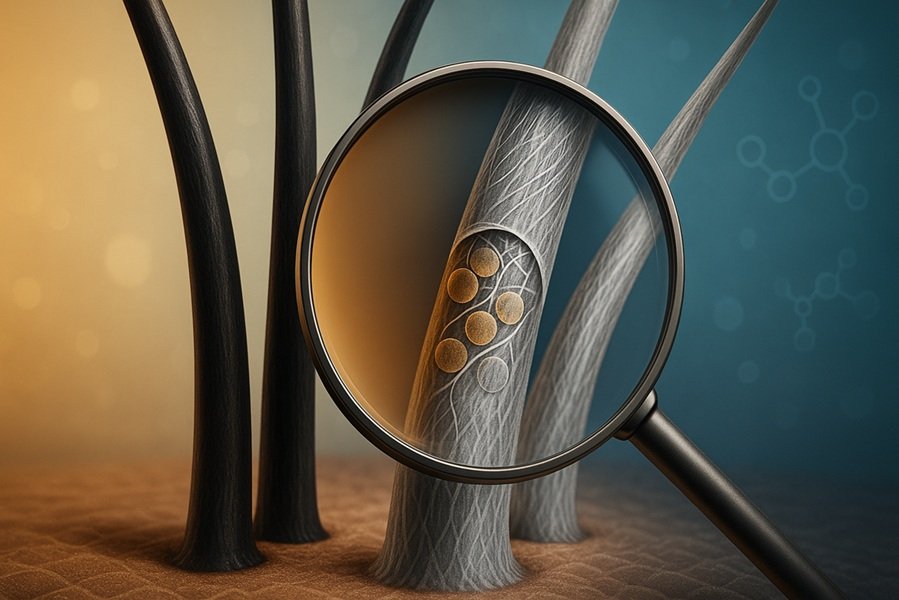
Introduction
In today’s health-conscious and eco-aware world, more people are adopting plant-based lifestyles. Among these, veganism and vegetarianism are two of the most popular dietary choices. While both avoid meat, their philosophies, nutritional focus, and ethical motivations often differ. Understanding the distinction between vegan and vegetarian lifestyles can help individuals make informed decisions for their health, the planet, and animal welfare.
What Is a Vegetarian Diet?
A vegetarian diet excludes meat, poultry, and seafood but allows animal by-products such as:
- Milk and dairy (milk, cheese, butter, yogurt)
- Eggs (in some variations)
- Honey (optional depending on beliefs)
Types of Vegetarians:
- Lacto-Vegetarians: Eat dairy but avoid eggs and meat.
- Ovo-Vegetarians: Eat eggs but avoid dairy and meat.
- Lacto-Ovo Vegetarians: Eat both dairy and eggs but exclude meat and seafood.
- Pescatarians (semi-vegetarians): Avoid meat but consume fish and seafood.
- Flexitarians: Primarily plant-based but occasionally consume meat or fish.
Vegetarianism has been practiced for centuries, especially in India, where it is deeply connected to religious and cultural traditions like Hinduism, Buddhism, and Jainism.
What Is a Vegan Diet?
A vegan diet takes vegetarianism one step further by eliminating all animal products — including dairy, eggs, and honey. Vegans rely entirely on plant-based foods like:
- Fruits, vegetables, legumes, grains
- Nuts, seeds, and plant-based oils
- Dairy alternatives (soy, almond, oat, or coconut milk)
Ethical and Environmental Aspect:
Veganism is not only a diet but a philosophy rooted in compassion and sustainability. Vegans avoid all animal exploitation, including in clothing (leather, silk, wool), cosmetics (animal-tested products), and entertainment (zoos, circuses).
Key Differences Between Vegan and Vegetarian
| Aspect | Vegetarian | Vegan |
|---|---|---|
| Dietary Restrictions | Avoids meat and fish but may consume dairy, eggs, and honey | Avoids all animal-derived products including dairy, eggs, and honey |
| Ethical Stance | Focuses mainly on diet | Extends to lifestyle choices and animal rights |
| Protein Sources | Eggs, dairy, legumes, soy | Legumes, tofu, tempeh, nuts, seeds |
| Calcium Sources | Milk, cheese, yogurt | Leafy greens, fortified plant milks, tofu |
| Vitamin B12 Intake | Often from dairy and eggs | Requires supplementation or fortified foods |
| Environmental Impact | Lower than meat-eaters | Lowest carbon footprint diet overall |
Health Benefits of Both Diets
🥦 Common Benefits
- Lower risk of heart disease and hypertension
- Improved digestive health due to fiber-rich foods
- Helps maintain healthy body weight
- Reduces risk of type 2 diabetes
- Supports longevity and immunity
🥑 Vegan-Specific Benefits
- Lower cholesterol levels (no animal fats)
- Reduced risk of certain cancers (especially colon cancer)
- Promotes ethical and sustainable consumption
🧀 Vegetarian-Specific Benefits
- Easier to get complete nutrition due to dairy and eggs
- Fewer deficiencies (especially Vitamin B12, iron, calcium)
- Easier to transition for those moving away from meat
Potential Nutritional Challenges
For Vegans:
- Vitamin B12 deficiency: Needs supplementation
- Iron deficiency: Should consume lentils, spinach, and fortified cereals
- Omega-3 fatty acids: Can get from flaxseeds, chia, and algae oil
- Protein intake: Must balance tofu, legumes, and quinoa
For Vegetarians:
- Overdependence on dairy may increase cholesterol levels
- Processed vegetarian foods can be high in sodium and sugar
- Must balance variety for micronutrient diversity
Ethical and Environmental Impact
- Animal Welfare:
Vegans reject all forms of animal exploitation, promoting cruelty-free living. Vegetarians support reduced harm but may still consume animal by-products. - Carbon Footprint:
A vegan diet has a smaller carbon footprint — producing fewer greenhouse gases and using less water and land. - Sustainability:
Global adoption of plant-based diets can significantly reduce deforestation and water scarcity.
Cultural and Global Trends
- India has the largest vegetarian population in the world, but veganism is rapidly growing.
- In Europe and the U.S., vegan restaurants, cruelty-free products, and plant-based meat alternatives are booming.
- Celebrities and athletes like Novak Djokovic, Billie Eilish, and Virat Kohli promote plant-based living for performance and health.
Which Is Better: Vegan or Vegetarian?
There’s no one-size-fits-all answer. The best choice depends on your:
- Health goals: Vegans often have lower cholesterol; vegetarians find it easier to meet nutrition needs.
- Ethical beliefs: Vegans take a stricter stand against animal exploitation.
- Lifestyle convenience: Vegetarian diets are easier to maintain in diverse cuisines.
Ultimately, both promote mindful eating, health, and planetary well-being.
How to Transition to a Plant-Based Diet
- Start Gradually: Replace meat meals with plant-based versions.
- Experiment: Try new recipes using tofu, lentils, or chickpeas.
- Supplement Wisely: Especially for Vitamin B12, D, and omega-3.
- Plan Meals: Ensure a balance of protein, fiber, and micronutrients.
- Stay Inspired: Follow vegan/vegetarian blogs, documentaries, and influencers.
Explore:
- World Vegan Day 2025: History, Significance, and Global Impact of Plant-Based Living
- World Vegan Day 2025: Best Wishes, Captions & Quotes To Celebrate Compassion and Conscious Living
- World Vegan Day 2025: Best Speech Ideas for Schools, Colleges & Events
Conclusion
Whether you choose to go vegan or vegetarian, both lifestyles promote compassion, sustainability, and health. By making conscious food choices, you contribute not just to your personal well-being but also to the planet’s ecological balance. The key lies in balance, education, and an open heart toward ethical living.



